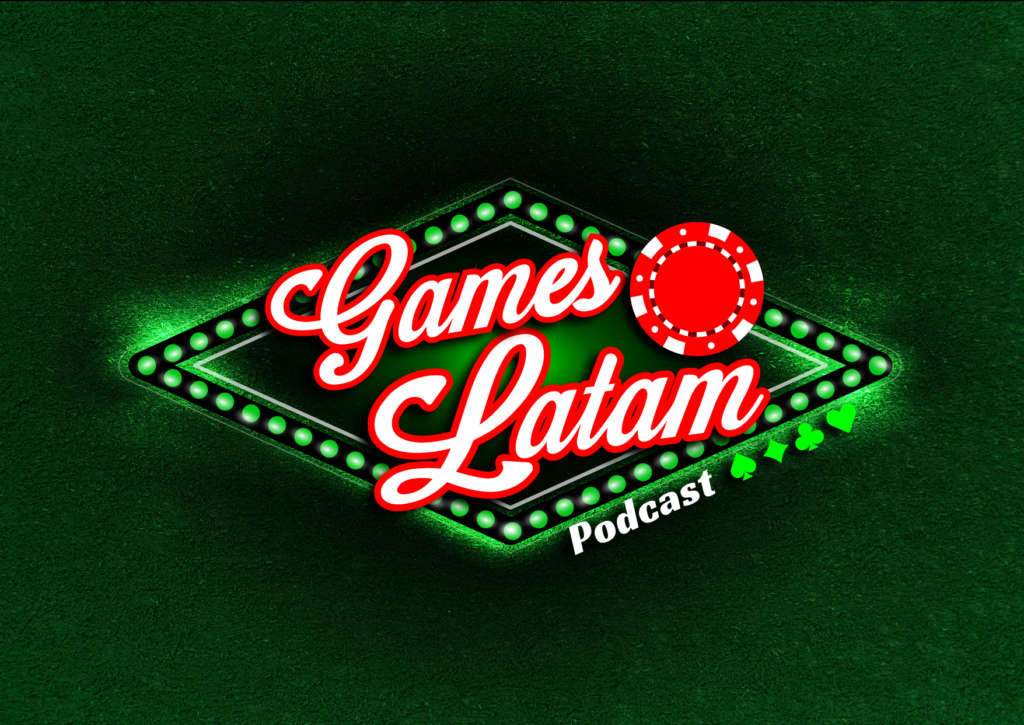The gambling industry’s rapid growth has caught the World Health Organisation’s attention, prompting a call for urgent global action.
WHO’s latest report reveals alarming public health concerns, labeling responsible gambling measures as ineffective and urging a global ad ban.
Imagine a safer gambling landscape where advertising bans and strict regulations protect vulnerable populations and promote societal well-being.
Learn how WHO’s recommendations could reshape the gambling industry and safeguard public health worldwide.
WHO Demands Global Gambling Ad Ban and Tougher Regulations to Address Growing Industry Harms
Key Points
- WHO calls for a global ban on gambling advertising, sponsorships, and promotions to curb public health risks.
- The organisation labels current responsible gambling measures as ineffective, urging mandatory systems for better prevention.
- WHO warns of the industry’s influence on government policies, highlighting the need for independent research and regulations.
WHO Calls for Urgent Action on Gambling Industry Harms
The World Health Organisation (WHO) has issued a strong call for global action to mitigate the growing harms of gambling. Highlighting the industry’s rapid expansion, WHO has described gambling-related risks as significant threats to public health and societal well-being.
A Call to Ban Gambling Advertising
One of WHO’s most striking recommendations is a global ban on gambling advertising, sponsorships, and promotions. The organisation views this as a necessary first step toward reducing gambling-related harm.
“Gambling-related harms extend well beyond financial losses,” WHO emphasized, pointing to increased rates of mental illness, family violence, and suicide among vulnerable populations. The organisation also highlighted how gambling opportunities are disproportionately located in areas of higher disadvantage, exacerbating inequality.
Responsible Gambling Measures Fall Short
WHO has been critical of the gambling industry’s current responsible gambling (RG) measures, labeling them as largely ineffective. According to WHO, voluntary RG interventions place undue blame on individuals while failing to address systemic risks.
Instead, WHO advocates for mandatory pre-commitment systems that require gamblers to set loss limits and bet sizes. Additionally, mandatory self-exclusion programs and universal registration systems could enforce stricter controls, reducing harm more effectively than voluntary approaches.
“Prevention through mandatory systems is far more effective than voluntary measures, which suffer from poor uptake and limited enforceability,” WHO stated.
Lobbying and Political Influence: A Barrier to Change
WHO also shed light on the gambling industry’s influence on government policy and research. In jurisdictions where gambling generates significant tax revenue, governments often face pressure to prioritize economic benefits over public health.
The organisation noted that corporate lobbying efforts often hinder the implementation of impactful regulations. Furthermore, the gambling industry’s funding of research can skew findings, limiting independent oversight and evidence-based policymaking.
“Gambling industry groups typically strongly oppose high-impact regulations and other measures that affect their commercial interests,” WHO warned.
A Coordinated Global Effort
To combat these challenges, WHO is assembling a global network of experts to address the public health implications of gambling. This initiative includes developing diagnostic tools for gambling disorders that reflect diverse global populations and sharing regulatory best practices, particularly in rapidly expanding markets in low- and middle-income countries.
Additionally, WHO called for member states to strengthen their monitoring and oversight of gambling operations, focusing on upstream prevention efforts such as reducing stigma, ending advertising, and limiting industry influence.
The WHO’s bold recommendations could redefine the global gambling industry. By prioritizing mandatory prevention systems, independent research, and advertising bans, the organisation aims to safeguard public health and reduce societal harm.
While the road to implementing these measures may face resistance, WHO’s call for coordinated global action sets a clear path forward. For the gambling industry, adapting to these changes isn’t just a regulatory requirement—it’s a moral imperative to protect the well-being of players worldwide.
The post WHO Calls for Gambling Ad Ban and Stronger Regulation appeared first on Gamingo News.
The gambling industry’s rapid growth has caught the World Health Organisation’s attention, prompting a call for urgent global action. WHO’s latest report reveals alarming public health concerns, labeling responsible gambling measures as ineffective and urging a global ad ban. Imagine a safer gambling landscape where advertising bans and strict regulations protect vulnerable populations and promote
The post WHO Calls for Gambling Ad Ban and Stronger Regulation appeared first on Gamingo News.
Participe da IGI Expo 2026: https://igi-expo.com/












